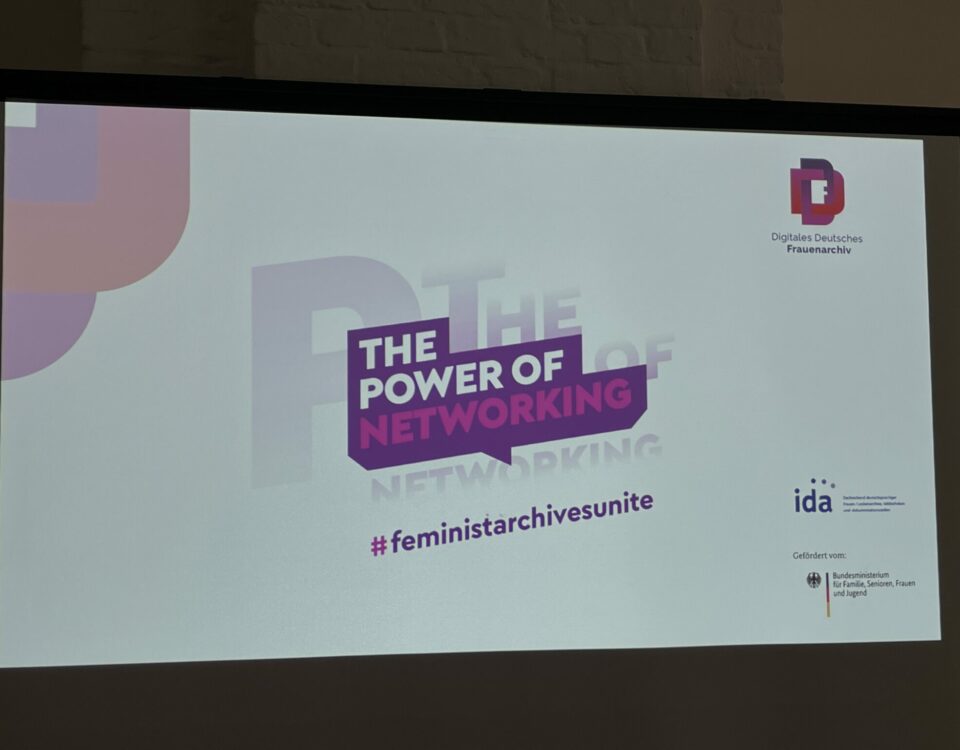Dream Fighters: Combating gender stereotypes through play

Αδιόρατη μορφή βίας ο σεξισμός στον δημόσιο λόγο – Τεράστια η σημασία της αντίδρασης σε σεξιστικές συμπεριφορές
June 24, 2020
Βία κατά των Γυναικών στην Κύπρο πρόληψη και αντιμετώπιση
August 3, 2020Boys and girls should be free to choose the academic and career paths that best suit their talents and skills. But often, they do not. Gender stereotypes can hold them back from finding personal and professional success, as well as a chance to fulfil their potential.
Where do gender stereotypes come from?
We have found… Parents and teachers are more likely to expect boys to pursue paths in Science, Technology, Engineering and Mathematics (STEM) subjects, regardless of their level of academic performance. Conversely, girls are expected to follow paths that focus on care giving and are people-oriented. Gender stereotypes impact choices in education… Boys become more likely to pursue degrees in technology, engineering and construction, while girls focus more on fields involving people and care, such as education, health, and social sciences.
…and follow boys and girls after graduation and into the workplace. Society encourages boys to pursue professional success, advancement and economic strength. Girls are instead expected to balance work and family life, a struggle which often means that a girl’s academic success does not translate to a high level of professional achievement. The trends above result in what we call gender segregation. What is ‘gender segregation’? Gender segregation is a phenomenon by which certain sectors or fields in education or work witness a high concentration of one gender over another. Horizontal segregation refers to the higher concentration of women or men in certain professions or sectors of economic activity. Vertical segregation, or the ‘glass ceiling’, refers to the imbalance in representation of one gender over another in the hierarchy of occupations or sectors. Men in the EU enjoy higher rates of employment, and are over-represented in leadership positions.
Considering that women university graduates outnumber men across EU countries by a rate of 43.9% compared to 23.4%, why does this segregation persist? Our project aims to combat this imbalance that creates workplace inequalities such as the gender pay gap (16.2% in the EU). What has Dream Fighters set out to do? The project Dream Fighters: Combating gender stereotypes through play aims to challenge gendered attitudes and behaviour patterns among youth with the aim to reduce gender segregation in career and life paths. The project is being implemented in cooperation with the Cyprus Youth Council.
The project activities include awareness raising workshops with youth workers and education professionals using innovative pedagogical tools including GenderEd educational programme and the Dream Fighters app. These innovative resources equip youth workers and educators with the tools to combat gender stereotypes and encourage young girls and boys to explore the influence they have on their educational choices and life chances.
Due to the pandemic and related restrictions in movement, the workshop format was adapted in order to be both on and offline. Six online workshops and one face to face workshop have taken place reaching over 142 participants.
The Dream Fighters app is available on Google Play and Apple Store.
Blog – 06/07/2020




